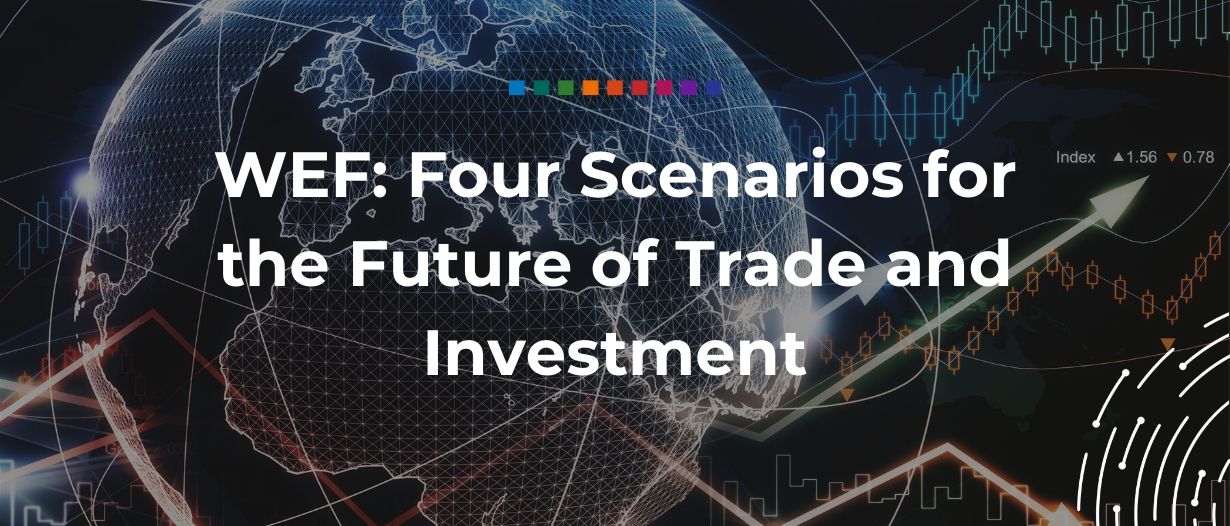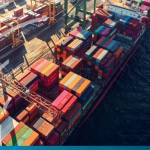-
- Technological disruption: Countries cannot cooperate; technological disruption races ahead of regulation, creating a borderless world for some, but with greater uncertainty and inefficiencies.
-
- Sovereignty first: Countries cannot cooperate; prohibitive unilateral barriers lead to inefficiencies, high economic risks and a decline in productivity and innovation.
-
- Open International rules: Countries cooperate to address issues through a revitalized WTO and complementary international frameworks.
-
- Competing coalitions: Countries cooperate, but are often drawn into competing spheres (US, Europe and China, for example) with regional blocs outside the WTO.

































